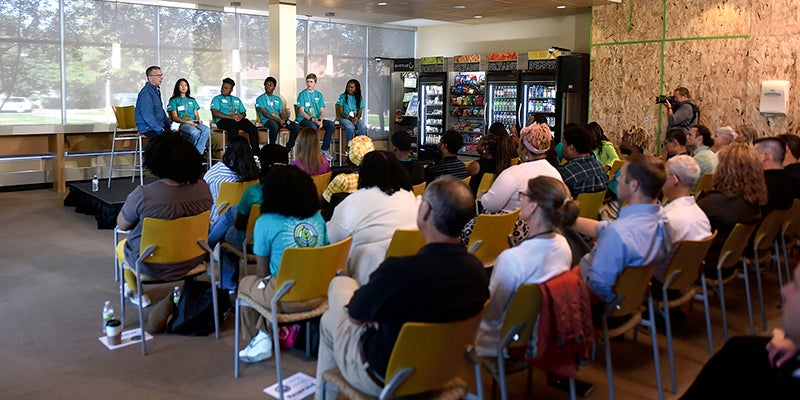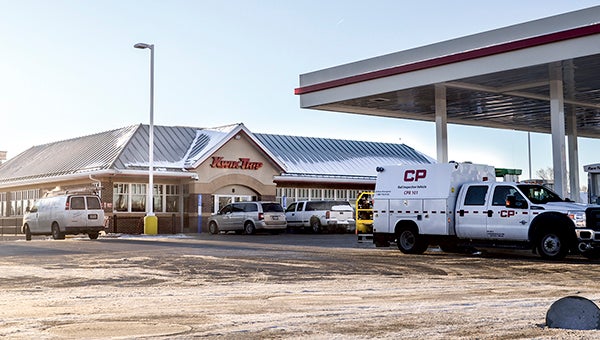Austin looking statewide; City considers bigger issues over the past few weeks
Published 10:40 am Thursday, March 5, 2015
The city of Austin is thinking about the bigger picture.
City officials and the Austin City Council have recently supported several statewide initiatives and joined a new lobbying group to get more representation at the state Capitol.
“As we join these efforts, it’s really more about resources to be able to have representation to keep these issues on the front-burner,” City Administrator Craig Clark said.
The council approved several resolutions Monday to have the city join larger efforts on state issues. Council members added Austin’s name to a letter to Minnesota Department of Transportation Commissioner Charles Zelle on a proposed passenger rail line that would stretch from the Twin Cities south to Iowa.
Dubbed the Central Minnesota Intercity Passenger Rail Line, the project has yet to undergo a feasibility study, though greater Minnesota cities are looking to potential economic benefits and grant opportunities stemming from the project.
Another such project, legislation that would give cities specific funding to fix local roads, also received council approval Monday. The city joined an effort to contact local legislators urging them to consider funding local road repairs in a greater capacity. Though the state funds some road construction, most of the burden for repairing roads falls to cities, and to property owners via assessments.
Repair bids are also on the rise, according to Clark. The city’s street reconstruction project bids have risen about 25 to 40 percent over the past 10 years, he said.
“What we’re seeing there is statewide, 84 percent of road costs are born by local government,” Clark said.
What’s more, the city has about 102 miles of roads to maintain solely through the assessment process. In recent years, the city has charged affected homeowners between 30 and 40 percent of a street reconstruction project, though the city’s goal is to assess half the value of those projects to residents.
Yet the city is also trying save money when it comes to increasing regulations. Austin has joined other cities in the Coalition of Greater Minnesota Cities in protest against increasing Minnesota Pollution Control Agency standards that were enacted last year without legislative approval. The standards, which raises limits on types of oxygen found in wastewater, would cost some communities millions of dollars to follow.
Clark said many cities felt the MPCA needed to run their standards through the Legislature to see whether any cost savings could have been achieved to accomplish the same goals.
“This was done independently without legislative review,” he said.
These efforts are part of the reason why the city is trying to join the Greater Minnesota Partnership, a lobbying group headed by former State Rep. Dan Dorman, R-Albert Lea.
The group offers outstate cities more representation at the Capitol, which city leaders say is important at a time when rural Minnesota is getting less funding compared to the metro area.
“Rural Minnesota is getting beat up in the Legislature,” Mayor Tom Stiehm told the council during a meeting Monday.
Clark, who sits on the executive board for the partnership, said the group’s efforts align with the city’s goals and would help the Austin area in the long run.
It will cost $1,500 annually to be part of the group, pending approval from the Development Corporation of Austin.






